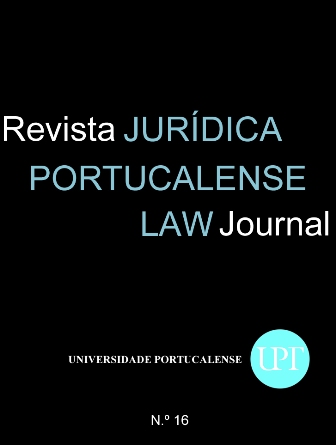Concurso Mercantil de acreedores. La acción Tributoria frente al dueño y sus directivos esclavos (empresarios corruptos). Creditors´mercantile contest. The action Tributoria opposite to the owner and his managerial slaves (corrupt businessmen)
Resumen
La doctrina civil ha definido la Actio Tributoria bien como Actio in Factum, bien como Actio Adiecticiae. Con este estudio pretendemos demostrar que se debe distinguir el concurso mercantil de acreedores de la acción tributoria, propiamente dicha, pues mediante ésta se pretende corregir y reprimir actuaciones ílicitas, que nacen, generalmente, durante el desarrollo y la liquidación de aquél. El concurso puede ser dirigido por el dueño de la mercancía peculiar, circunstancia que constituye un privilegio para éste, pues es un acreedor de la masa quebrada. Bajo la protección de este privilegio, si el dueño de la mercancía quebrada defrauda a los acreedores (proveedores y clientes) que participan en el concurso, éstos pueden demandar al dueño por los fraudes realizados en el cálculo y adjudicación de los créditos que les correspondiesen sobre la masa quebrada. Por ello, estimamos que la acción tributoria persigue y tutela los actos ilícitos dolosos en fraude del crédito mercantil de los acreedores. La acción tributoria es una acción personal que reprime la corrupción del empresario – dueño, y debe ser situada en el marco general de las acciones pretorias de empresa y del comercio.
Descargas
Publicado
Cómo citar
Número
Sección
Licencia
Authors who published in the journal agree to the following terms:
- The Authors grant the Journal the right of first publication, and other non-exclusive publishing rights, licensed under the Creative Commons Attribution License which allows the sharing of work with recognition of its initial publication in this journal.
- Authors are able to take on additional contracts separately, non-exclusive distribution of the version of the paper published in this journal (ex .: publish in an institutional repository or as a chapter in a book), with an acknowledgement of its initial publication in this journal.
- Authors are permitted and encouraged to post and distribute their work online (eg .: in institutional repositories or on their website) at any point before or during the submission process, as it can lead to productive exchanges, as well as increase the impact and the citation of published work (See The Effect of Open Access).
RJP does not apply submission, publication or any other fees of any nature. Its articles are open access, with the goal of disseminating scientific knowledge and the debate of legal topics in the area of Legal Sciences.






